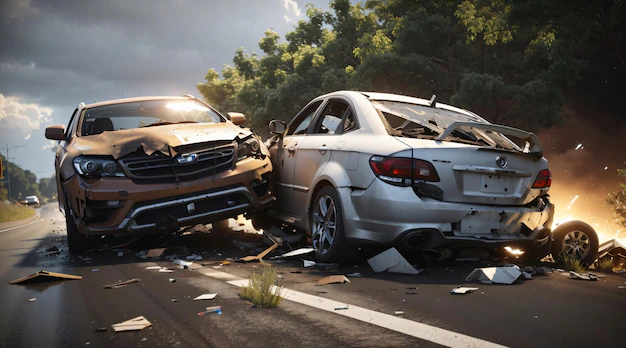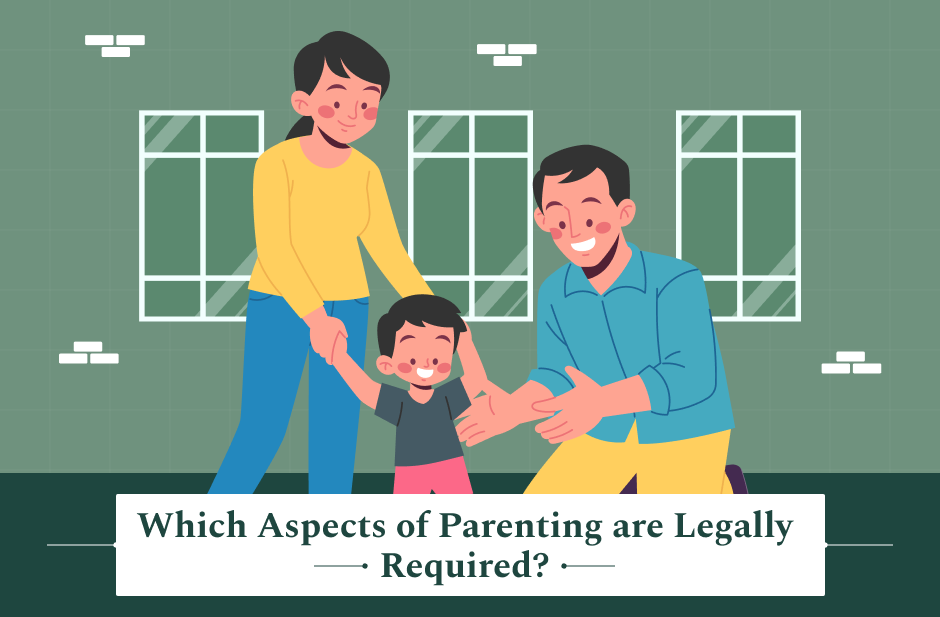A car accident is a sudden and unexpected event that can leave more than just a dent in your vehicle – it can take a toll on your physical and mental well-being. The force of a collision can subject your body to a range of injuries, many of which can significantly affect your daily life.
But what happens when you get hit by a car? In this article, we’ll discover the common physical injuries that can affect you and the ways to manage them. From whiplash and neck pain to head injuries and concussions, we’ll equip you with the knowledge needed to navigate this road to recovery.
On top of that, we’ll discuss the unique challenges posed by back and spinal cord injuries and the process of healing from broken bones and fractures. With this knowledge, you’ll be well-prepared to steer your way toward a smoother recovery process, no matter where the road leads.
Common Physical Injuries After a Car Accident
After a car accident, your body may experience a range of injuries, depending on the severity of the accident.
Whiplash
This happens when your head jerks forward and backward suddenly, straining the neck muscles and ligaments in your neck, causing pain, stiffness, and limited range of motion.
Broken Bones and fractures
Due to a forceful impact during the accident, broken ribs, arms, legs, and wrists are often seen. Soft tissue injuries like bruises, sprains, and strains are also common. These injuries can cause pain, swelling, and difficulty moving.
Traumatic Brain Injuries
Traumatic brain injuries happen when the brain is damaged by a blow or a piercing injury to the head. Traumatic brain injuries also happen when an object, such as a bullet, shattered glass, or piece of skull goes through brain tissue. According to Phoenix car accident lawyer Luis P. Guerra, unlike many other physical injuries, traumatic brain injuries cannot always be immediately identified. This is why seeking medical attention after a car accident is paramount.
Other injuries like head injuries, concussions, and spinal cord injuries are often associated with car accidents.
Dealing with Whiplash and Neck Pain
Once the adrenaline wears off, you might notice some discomfort in your neck and experience whiplash after a car accident.
You must take whiplash seriously and seek medical attention if you experience these symptoms. Your doctor may recommend treatments such as ice or heat therapy, over-the-counter pain medication, and gentle exercises to help relieve the pain and promote healing.
Avoid activities that worsen your symptoms and follow your doctor’s instructions for recovery. With proper care and patience, most people recover from whiplash within a few weeks or months.
Understanding Head Injuries and Concussions

Head injuries can occur during a car accident when your head forcefully hits the steering wheel, dashboard, or even the side windows. These injuries can range from mild concussions to more severe traumatic brain injuries.
Symptoms of a head injury may include headaches, dizziness, confusion, memory problems, and difficulty concentrating. Seek medical attention if you experience any of these symptoms, as untreated head injuries can have long-term consequences.
Your doctor may recommend rest, medication for pain management, and in some cases, physical therapy to aid in your recovery.
Related: Proving Fault In A Pedestrian Accident
Managing Back and Spinal Cord Injuries
Managing back and spinal cord injuries requires a comprehensive approach that focuses on rehabilitation, pain management, and restoring functionality to improve the overall quality of life.
After a car accident, it’s common to experience back pain due to the sudden impact and jerking motions. In some cases, the force of the collision can cause more severe injuries to the spinal cord, leading to paralysis or loss of sensation.
Treatment for these injuries may include physical therapy, medication, and in some cases, surgery. Rehabilitation is crucial to help strengthen the muscles and improve mobility. Pain management techniques such as medication, heat or cold therapy, and massage can also provide relief.
Consult with a healthcare professional to create a personalized treatment plan that addresses your specific needs and goals.
Recovering from Broken Bones and Fractures
After a car accident, it’s common to experience broken bones and fractures due to the impact. The recovery process can be challenging, but with proper care, you can regain strength and mobility. Physical therapy plays a crucial role in this process. It helps to restore range of motion, strengthen muscles, and improve flexibility.
Pain management techniques, such as medication and therapeutic interventions, can also aid in the recovery process.
On top of that, following a nutritious diet and getting enough rest are essential for healing.
Be patient with yourself as recovery can take time, but with dedication and support, you can regain your physical health and well-being.
Conclusion
Life after a car accident can be an uphill journey filled with unforeseen challenges. From the persistent discomfort of whiplash to the extreme loss of independence due to traumatic brain injuries, car accidents can change your life in ways you never expected. Always take extra precautions when driving, and when the unfortunate happens, seek medical attention right away.
Read Also:
















